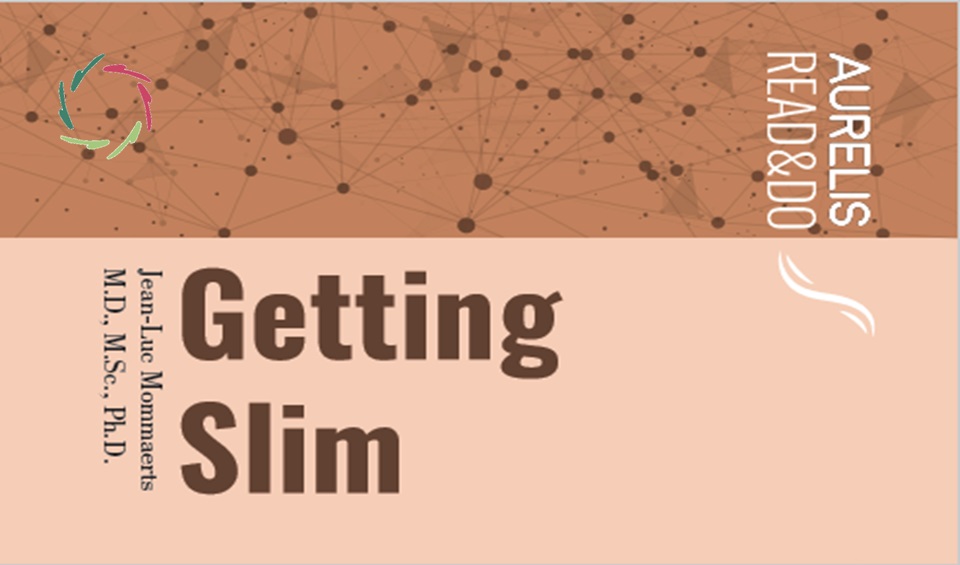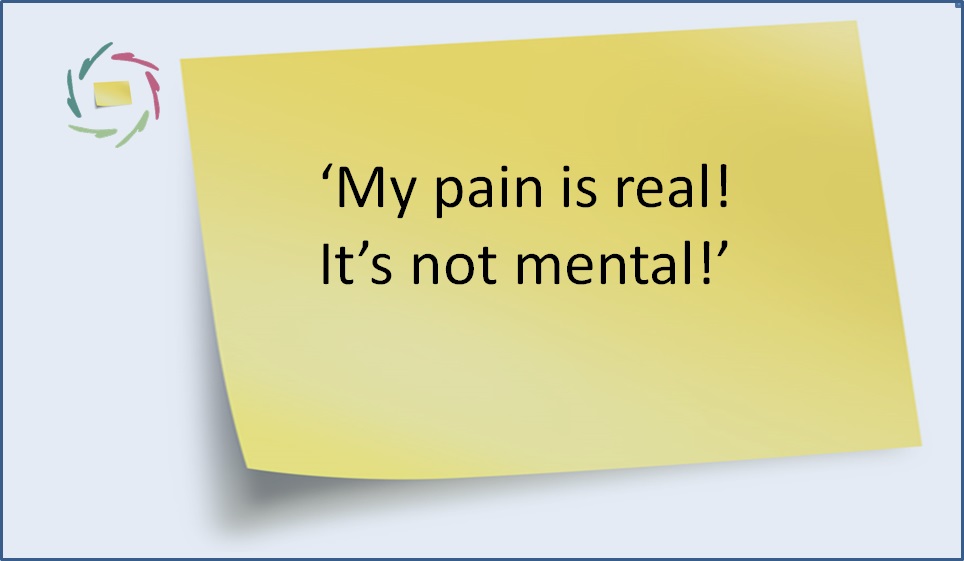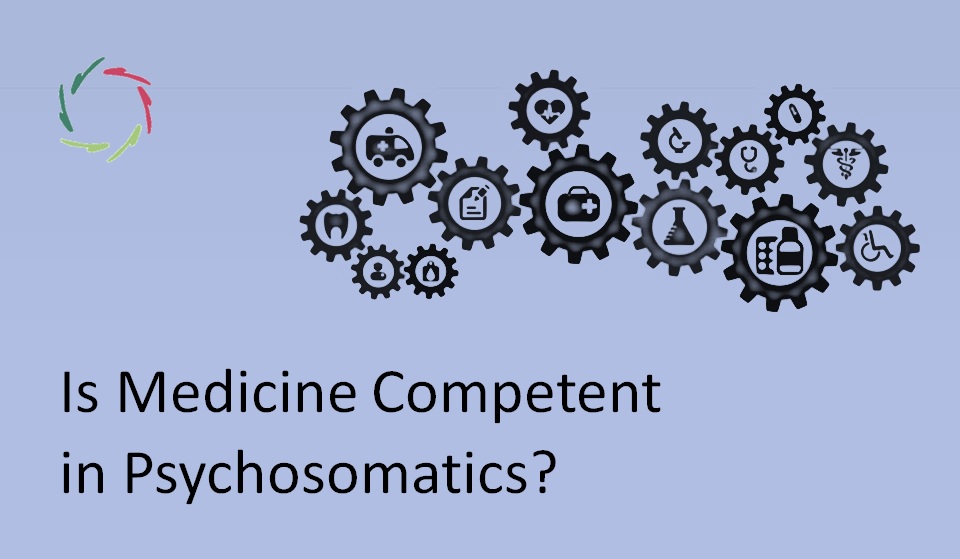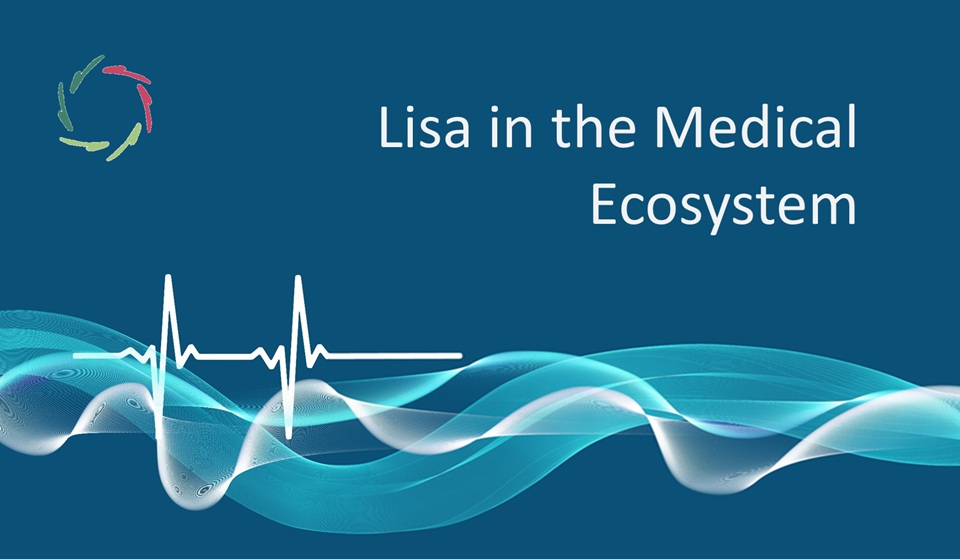Getting Slim – Read&Do

This is the foreword to my book ‘Getting Slim’ that you can find on Amazon (see menu).
Diet after diet
Many people go on a diet, yet we know that dieting doesn’t work well in the long term. We may posit that these people do want to lose weight sustainably. Then why do they, again and again, go on a path that doesn’t lead them there?
Because they think it does lead them there. There is a mismatch between hope/belief and reality. In such a case, one frequently sees people looking for a solution somewhere, anywhere outside of themselves: the next diet, any kind of procedure. Also, theories abound as causal explanations for the overweight. In the image, this all happens above the horizontal line in the middle. This horizontal line may be seen as the dividing line between conscious (above) and non-conscious (below) mental processing. At the right is a turning wheel. Without the divide, pulling towards the left (follow the top arrowhead) would bring the solution nearer to the one who pulls. In case of a divide – which is frequently the real case – the solution is pulled further away. In reality, this pulling-away goes on indefinitely until a better insight is gained and acted upon. Dieting without taking account of the divide brings a temporary weight loss nearer. This happens above the line. However, the real problem lies in the cause of overweight. This exists principally below the line. Not taking this into account is, obviously, not causal, not sustainable, and not generally healthy. Paradoxically, it is counterproductive regarding the goal of weight loss in the long term. It transforms dieting into a cause of overweight.

Body and mind
It’s all in the body. Indeed, what happens is physical. Calories come and go. They are ingested. They are burned. Some people naturally have a higher metabolism than others. Having more muscles burns more calories. Even having more body fat burns more calories. Genetic factors are involved at every stage.
But has the mind no role to play? We can probably all agree that it does, more or less. Now for a basic premise of this book – and the whole Read&Do series: body and mind are one whole. If you go deeper into the details of the body and especially the brain, eventually, you can see that body and mind are the same thing, only looked upon from different angles. Thus, saying that it’s all in the body is also saying that it’s all in the mind. They’re two ways of looking at the same. That counts for many things, as well as for overeating. Acknowledging that it’s in your mind doesn’t make you notably different from another person. It doesn’t make you guilty of your overweight. However, it does make you self-responsible for acting upon this insight. The remaining question is thus whether or not you want to use your mind, in this respect, as one more essential tool in your toolkit.
Read&DO
Using your mind means doing something. It’s not just waiting until something happens. It’s not even like a pill that you can ingest and wait for its action upon your body-mind. That is why this is a Read&DO book. You are asked to work on yourself in a particular way. This is: not from outside in, by forcing yourself into someone who you eventually are not and will have much difficulty to push yourself toward. Diets are outside-in procedures. They’re not you. They try to change you; they don’t let you change from inside out. If you want to change from who you are, from inside out, you need to start from there: inside. It is a fundamental decision that doesn’t come automatically. Also, it’s not a superficial decision. You cannot just wish yourself into deeply wanting. There is effort needed, a doing involved in this. This doing lies in finding out who you are and acting upon what you encounter.
Many people don’t believe very much in their potential this way. That is also logical since it’s not evident how this works. And since it’s not evident, many people don’t even try. And since they don’t try, they don’t learn about it; they don’t experience it; they don’t talk about it; they don’t find out what can support them; they don’t support others, not even or especially not their children. They don’t DO what needs to be done. The world is turning around and around.
Finding and supporting your real goal
So in this book, you may find out what can support you in this direction. This doesn’t mean that anything else is unimportant. Sure, calories remain calories, and the mind will not make them miraculously go away. On the other hand, your motivation to eat or stop eating when there’s still food on your plate, and even enjoying the fact that there is still some left on your plate, is a thing of the mind. Also, metabolism – burning the calories – is under the influence of the mind, although, in any case, the caloric intake is substantially more critical. This book is oriented mainly towards the intake.
The aim is not to make you eat less, but to bring you more to what you naturally, as a total human being, want to attain in this regard. If you feel a little apprehensive, please make a deal with yourself: You will not do anything that you don’t really want to do at any time. Even two contradictory wishes (overeating and getting slim) may both be part of who you really are. The ‘art’ lies in bringing them together and letting them communicate with each other. If well performed, this communication may be the start of a new direction. The result is a synthesis that makes you feel good while not doing anything that you don’t really want to do at any time.
Working on your weight is working on your self
This is an opportunity to go much further. You can learn to know yourself better. You can learn to communicate with your deeper layers. You might see this as very interesting. By itself, it may be a more important goal than the mere weight loss. For instance, you may want to lose weight in order to enjoy your life better and fuller. That would be nice. Getting more into contact with your self brings this goal even closer. The sheer joy of being in this world can make you stronger and happier.
Beforehand, you may be a little apprehensive. While proceeding and afterward, you will find out that it’s worth it. Not only your body loses overweight, but also your mind. The mental overweight shows in all kinds of negative emotions that are related to eating, your body, related frustrations, maybe even your relationships. Arguably, getting rid of mental overweight may be as important or even more important to body-mind health than getting rid of physical overweight. We know, scientifically, that diabetes type-II is related to overweight. But which one, after all? Surprisingly, this has not yet been clarified. We don’t know. Some of the data are rather pointing to the mind than the body. Apart from bodily overweight, mental stress is also a known and significant causal factor of diabetes. Part of stress may be hidden in the condition of overweight. Logically, the healthiest way to diminish overweight is from inside out.
This way, even working on ‘getting slim’ is not necessarily related to physical overweight. One may have a ‘normal’ weight or weigh medically too little. Even so, the body image one has may be one of overweight. The work on yourself that this condition asks you to do may be much the same IN DEPTH. People with quite different outward conditions may feel related this way.


